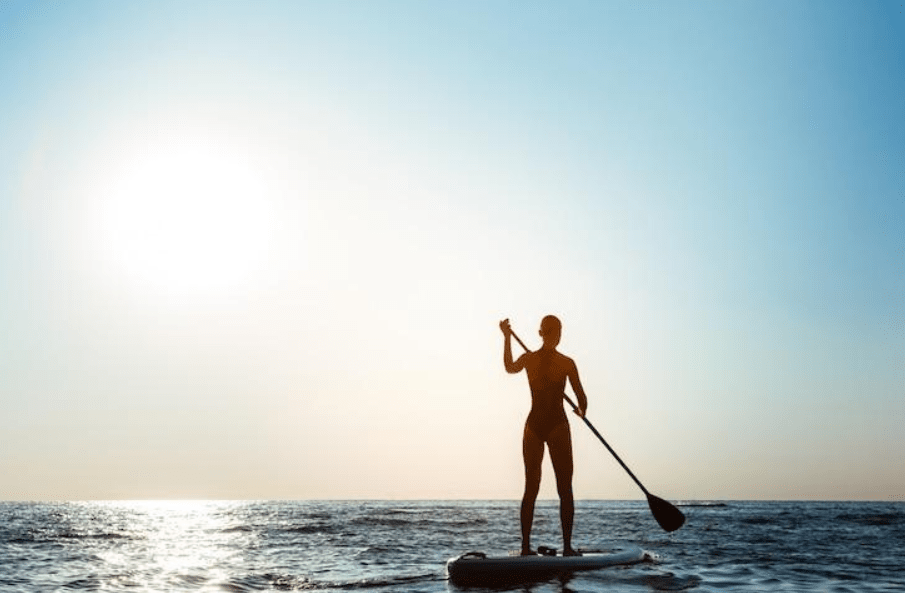
When you are off on an adventurous trip, especially surfing or paddleboarding, you should always put safety first. Kauai’s beaches are beautiful, but the ocean can change quickly. It is important to know your skill level and pick the right spot for your activity. Also, make sure you have the right gear and check the weather and water conditions before you go out. If you are new, consider taking a lesson to learn the basics and local safety rules, as these steps help you enjoy your time in the water and avoid accidents.
Essential Safety Tips for Surfing in Kauai
Always know your skill level before you pick a surf spot in Kauai because some beaches have strong waves that are not safe for beginners. Learn about local ocean conditions and pay attention to warning signs.
The waves and currents can be strong, so never underestimate them; use proper gear like a leash to keep your board close, a rash guard for skin protection, and reef-safe sunscreen to protect your skin and the environment. Always surf with a buddy or tell someone your plans before you go out, as this helps others know where you are in case you need help, especially when you want to learn to surf in Kauai.
Paddle Boarding Safety: What Every Paddler Should Know
It is best to stay close to shore when paddle boarding in Kauai and avoid going out in offshore winds, as they can make it hard to return safely, so always wear a leash to keep your board with you, and consider using a personal flotation device for extra safety.
Do not paddle in surf zones or shore breaks, as these areas are dangerous for paddleboarders, so before you go out, check the weather, tides, and water conditions to make sure it is safe, which helps you stay safe and enjoy your time on the water.
Taking Lessons: The Smart Start for Beginners
It is the best way to get lessons from a professional to start surfing or paddle boarding in Kauai. The instructors teach you basic skills, safety rules, and how to handle your board. Lessons also cover how to read the ocean and avoid dangers, which helps you feel more confident and aware of the water.
When choosing gear, pick a board that matches your skill level and the water conditions. Always use a leash, a good paddle, and sun protection, and decide if you want to rent or bring your own equipment based on your needs and how long you will stay.
Conclusion
Remember that you should always use the buddy system and let someone know your plans before you go out on the water. Respect marine life and do not disturb the environment. Here, know your limits, leave the water if you feel tired or conditions change, and learn how to read wave patterns and find safe places to enter and exit the water.
Watch out for hazards like coral reefs and strong currents; lifeguards and local advice can help you stay safe, so always listen to their warnings and tips.



